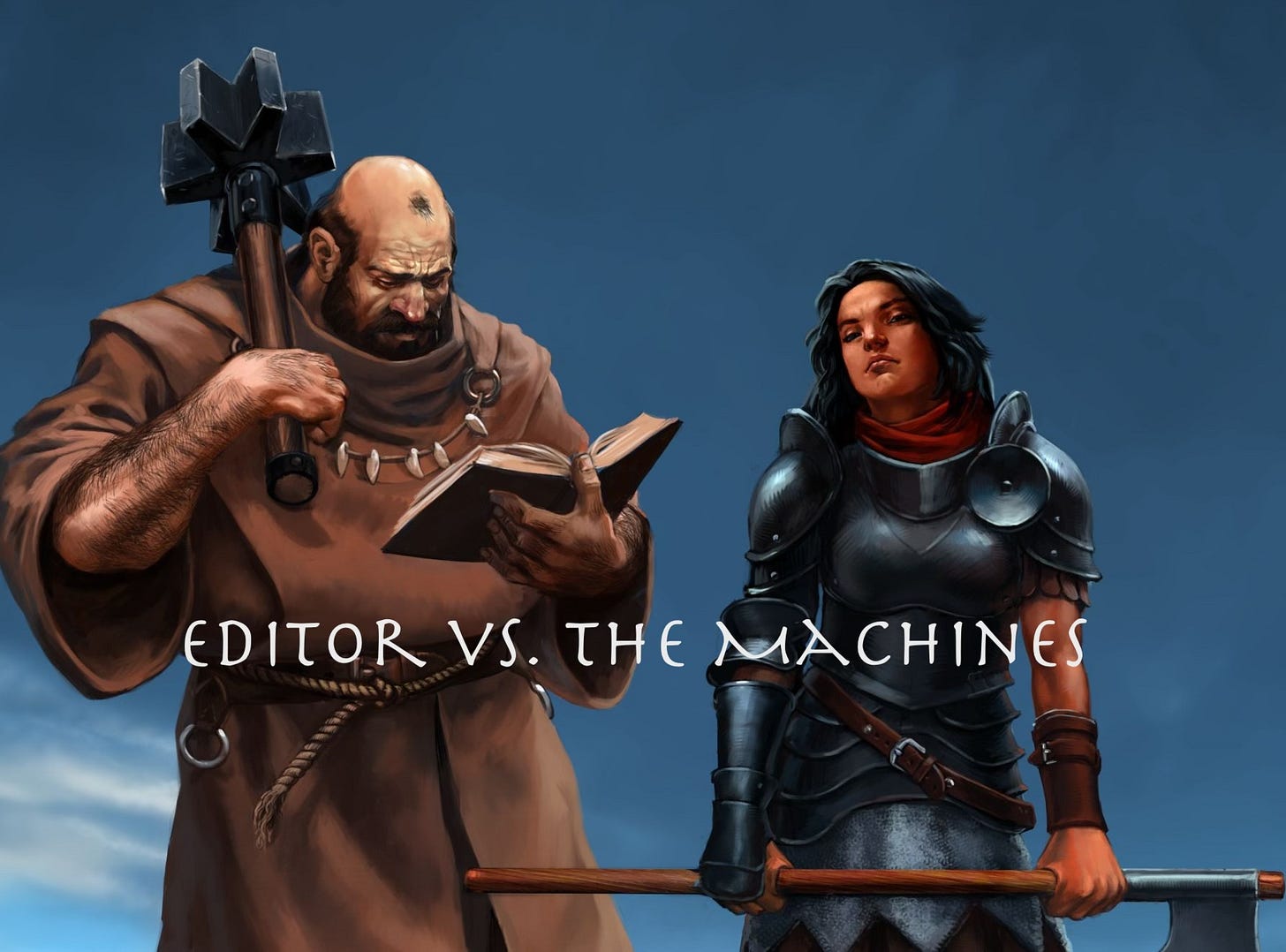How does being an avid reader help you edit?
Introductory post about the relationship between reading and editing
The Short Story
If you want to be a better editor, arguably the best thing you can do is read more books—assuming they’re well edited.
The Real(ist) Story
For many an editor, training began when we were young bookworms. A reading habit, ideally but not necessarily lifelong, is the best preparation for being a good editor. Reading well-written, well-edited books strengthens our practical knowledge of words’ usage and connotations, sentence structure, punctuation usage, story development, and so forth. This knowledge may be more intuitive than conscious, but it’s invaluable all the same.
Now, editors with structural knowledge of written English on top of intuitive knowledge make better copyeditors and proofreaders, as a rule. I find I can spot a writer or editor who’s well-read but lacks formal knowledge of grammar and punctuation. The quality of their work tends to be high in general but with odd, obvious-to-me exceptions and inconsistencies. And inconsistency, alas, defeats much of the point of copyediting and proofreading.
Yet, intuitive editorial knowledge born of extensive reading seems to make it easier to absorb and apply structural knowledge of mechanics and phrasing in practice. This makes reading a huge asset to self-editors, assuming the books you read are edited well.
On that note—and I say this as an ardently indie author and editor—traditionally published books are a safer bet if you want to learn editing by osmosis. It’s a gross generalization that trad-pub books are better edited than indie books, but as a generalization, I stand by it (regarding copyediting, anyways).
It’s ideal to begin a reading habit early, in part because most of us have a lot less time for discretionary reading the further we venture into adulthood. And TV computer games those infernal mobile devices are all too tempting when we have but a few minutes to reset our weary selves at the end of a long day.
From an editorial perspective, read widely (genre-wise) for a broader knowledge base, including understanding of genre distinctions. Also, reading one author intensively, early on, may lead to quirks that aren’t entirely beneficial. Sure, Dickens taught me how to use whereupon and aforementioned as a sixth-grader, but decades later, I’m still recovering from a penchant for thirty-word sentences and polysyllabic monstrosities.
But no matter your literary preferences, invest in reading (instead of AI upgrades) as the path to becoming a better editor. Read a lot, y’all. Read aloud to your kids. Let them see you reading silently, too. And don’t give up the habit.
Godspeed and happy (re)writing!




Great advice here! I only recently started my journey as an editor, and I have learned a lot in quite a short amount of time. As someone with a tendency for wordy sentences, it can be a struggle some days. Thanks for the advice, as if I needed any more reasons to read more in the evenings!